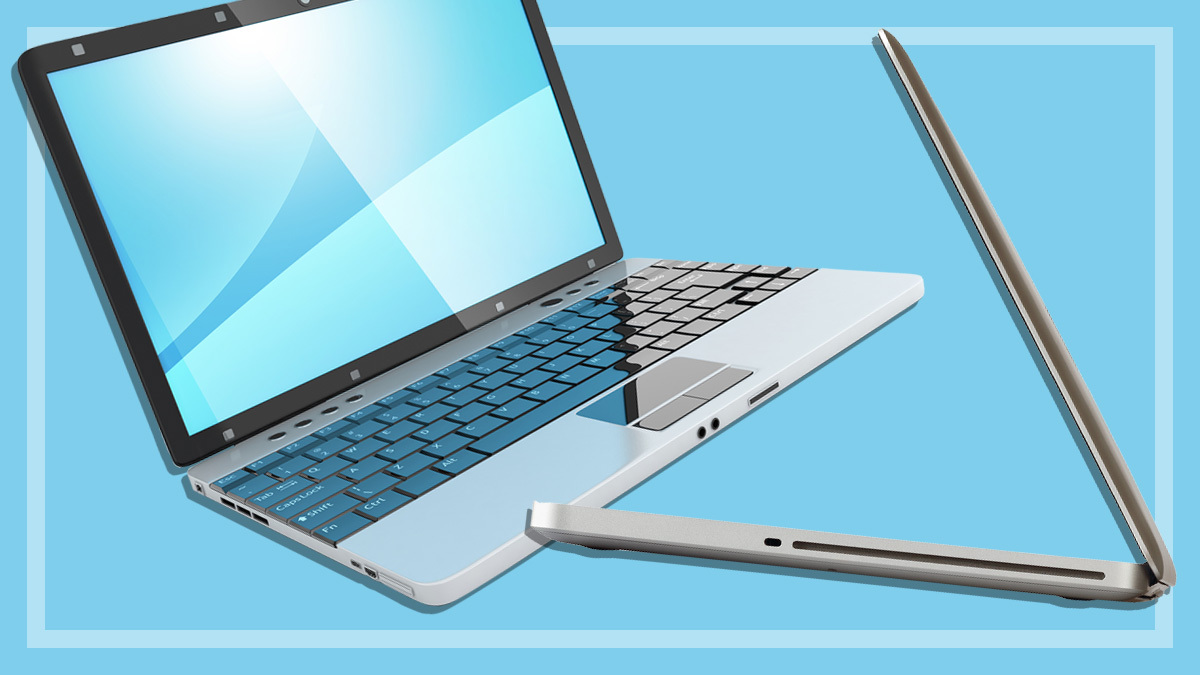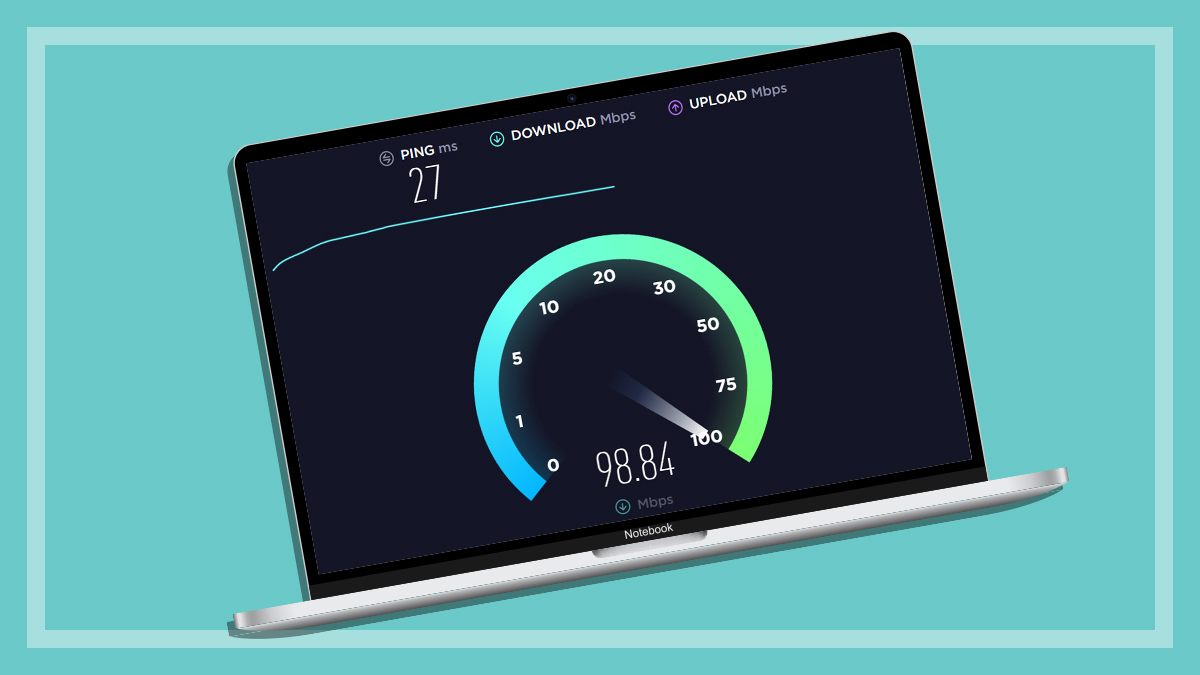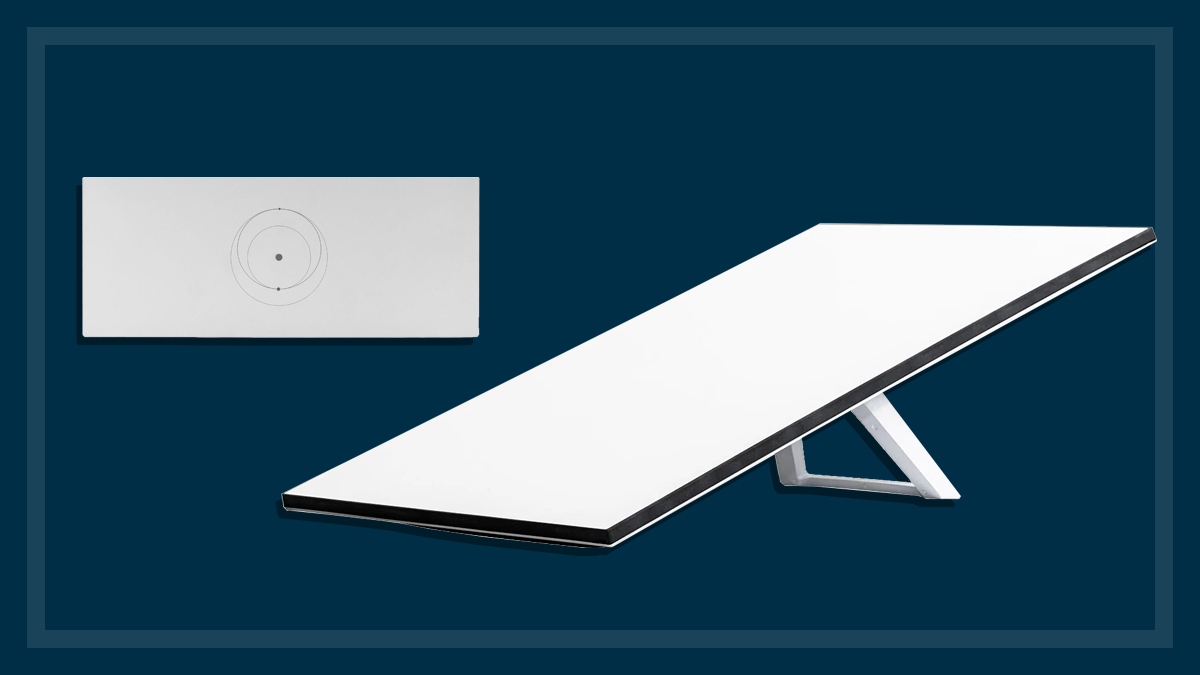Get our independent lab tests, expert reviews and honest advice.
Choosing a VPN for added COVID-19 security

Need to know
- Spending more time online can increase our exposure to internet risks.
- Using a VPN for all online devices can help protect your identity and location.
- Choosing the right one to use involves more than just picking the cheapest.
On this page:
Increased time online due to self-isolation and remote working has put your home on the front lines of internet security.
A VPN gives your devices the added security of a private, secure internet connection.
Why you need a VPN
Working from home and keeping in touch with friends and family in the age of COVID-19 means using video conferencing, email, messaging and other chat tools. Using a VPN service hides your physical location from snoops by sending all your communications through secure online servers.
It also protects your identity by encrypting all your data. This stops internet snoops and cybercriminals from knowing where you are and what you’re doing on the internet, no matter what app you’re using on the device.
You don’t have to appear to be in another country via a VPN… there are benefits to staying virtually in Australia
A VPN is often used to make it appear that you’re in another country. This is done by using VPN servers all over the world. It’s great for getting around geoblocking (such as being able to view the US version of Netflix to watch programs not available in Australia, or BBC programs only available in the UK). It’s also good for shopping online, where it can help avoid price gouging due to your physical location.
But you don’t have to appear to be in another country to get the benefits of using a VPN, and often there are benefits to just staying virtually in Australia. Appearing to be located overseas can potentially raise a red flag with certain online services, such as banks, and software, such as password managers, but you can connect to Australian VPN servers and still keep your real internet address and geographic address secure.
The dangers of going ‘free’
Let’s address this upfront: a good VPN service comes at a cost, but it’s worth paying for. Most VPN services will cost from $5 to $15 per month, but this will usually cover using several devices at once.
Don’t just choose the cheapest service, look for the features you need. Many high-quality VPN services offer a free trial so you can see how well it works for you before committing.
There are some totally free services on offer, but we don’t recommend any of them
Yes, there are some totally free VPN services on offer both on desktop and mobile, but we don’t recommend any of them. You want a fast, reliable, secure service and providing that comes at a cost.
If they’re not charging a fee, then ask yourself: how are they paying for it? The answer may be by on-selling your information to others. The service may also be slow, riddled with ads, and have limits on the amount of data you use and the time you can spend online.
Mobile VPN risk
Free mobile apps are particularly dangerous, though numerous on app stores. An investigation into 150 free mobile VPN apps by Top10VPN.com in late 2018 found that 25% of them failed to protect users due to DNS and other leaks.
Prior to that, they also studied the top 20 most popular free apps in the App and Play Stores and found that 59% of these businesses had links to China and that almost 90% had unacceptable privacy policies, again showing that when a VPN app is free, the user often becomes the product.
An updated report in August 2019 said 77% of those apps identified as potentially unsafe in that investigation still posed a risk.
Do your homework first
You don’t have to sign up for a long period and it’s easy to switch from one VPN service to another, so providers often offer discounts. Shop around to see who’s doing good deals, but beware of any that seem too good to be true. Stick with name brands that are highly rated and check user comments carefully.
Always check the terms and conditions with particular attention to privacy. Does the service keep any logs that can be used to identify you, such as activity logs? Do they keep connection logs or other types of logs that might point back to you or the types of files you download or share? Look for a clear no-logging policy.
If you have questions and can’t find the answers on the provider’s site, contact them. If they are evasive or don’t answer, move on.
If that all seems too hard, or you’re unsure, go with one of our recommended VPN services and see our full VPN buying guide.
Riding on the back of interest in COVID-19 information is a surge in malware and online scams
These days Australians are spending a lot more time online streaming video, working remotely and homeschooling children as well as keeping in touch with friends and loved ones through messaging and video chat. Riding on the back of enormous interest in COVID-19 information is a surge in malware and online scams, according to Scamwatch.
More than ever, it’s important to be aware of scams, phishing (fraudulent emails and links) and other potential online threats, and to keep your internet connection secure. Using good security software and a reputable VPN service is an important part of your overall security.






